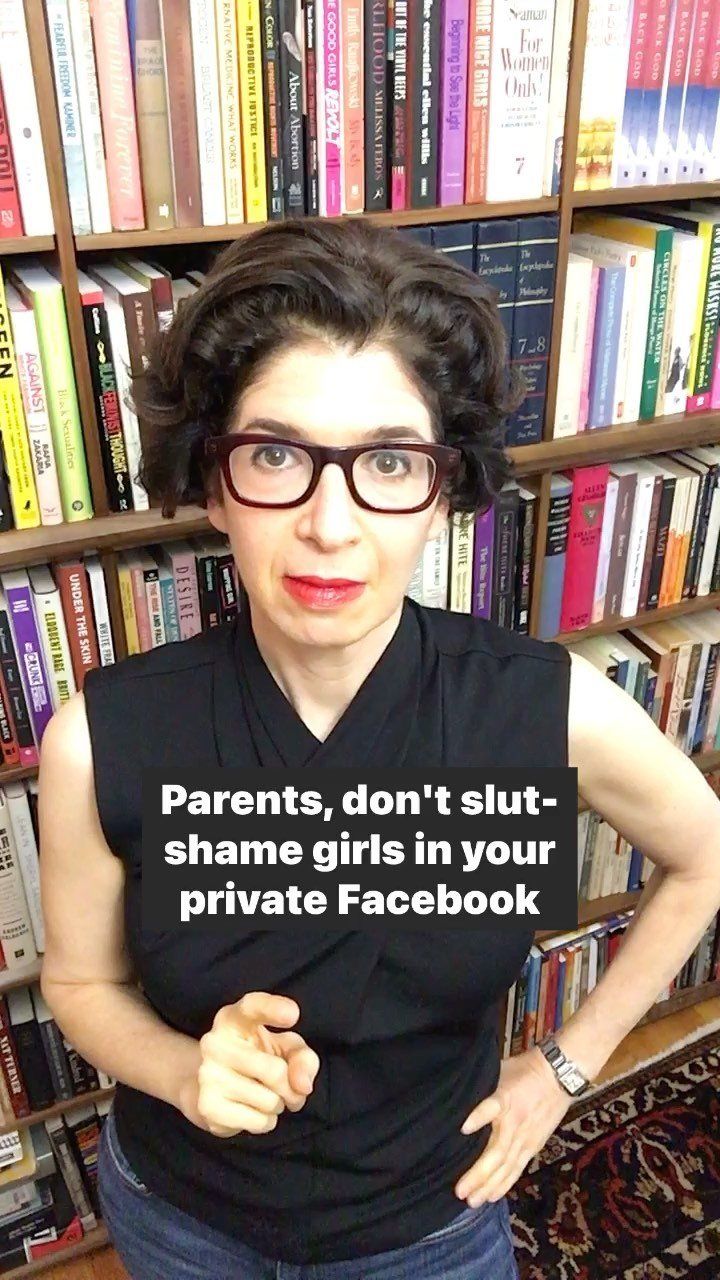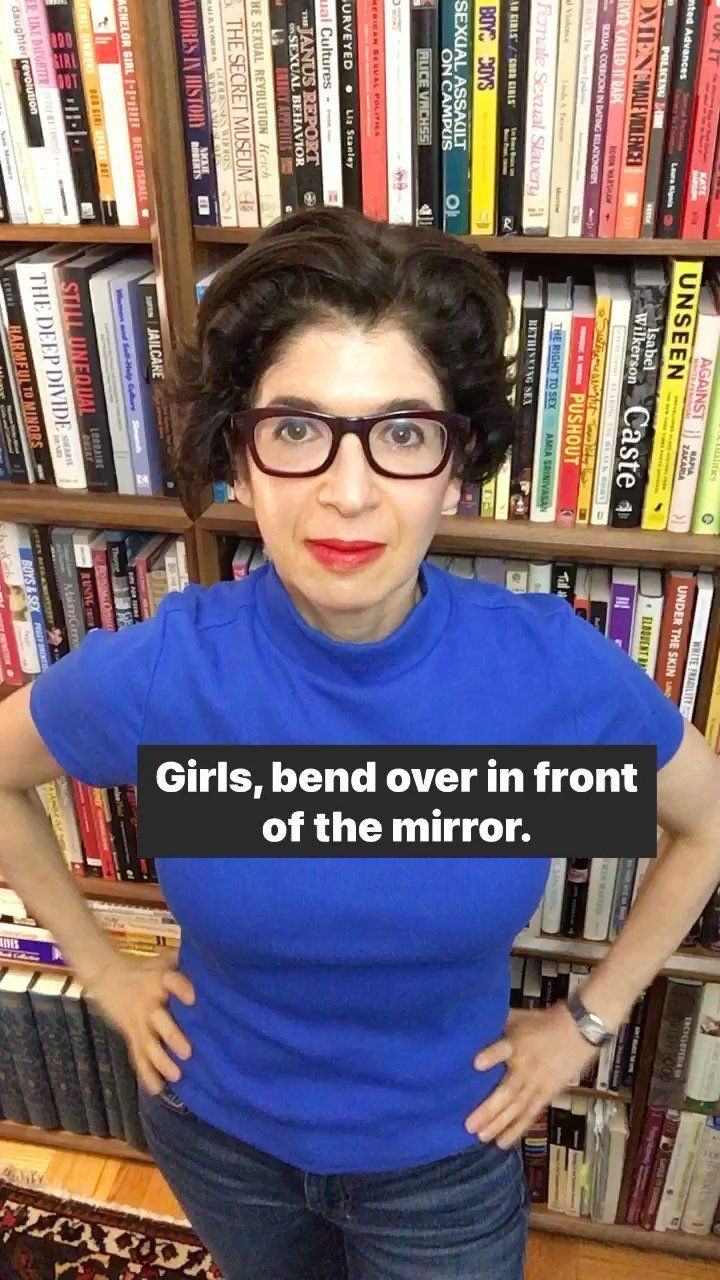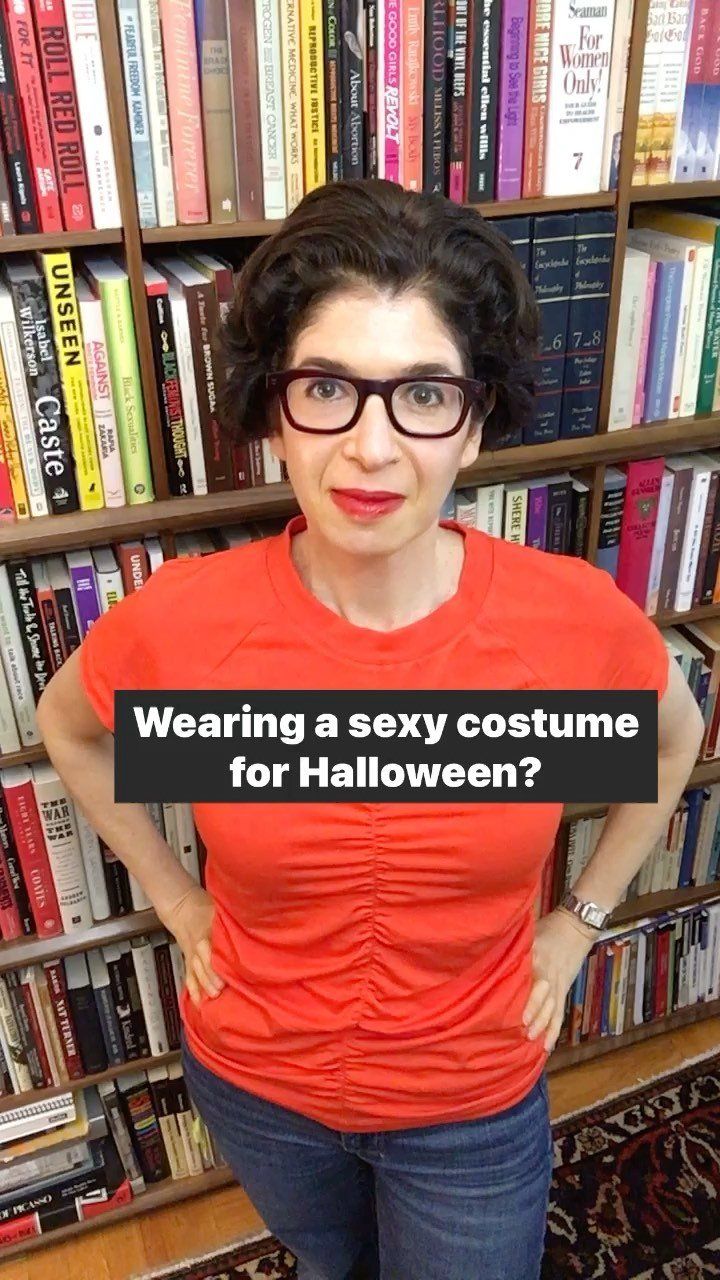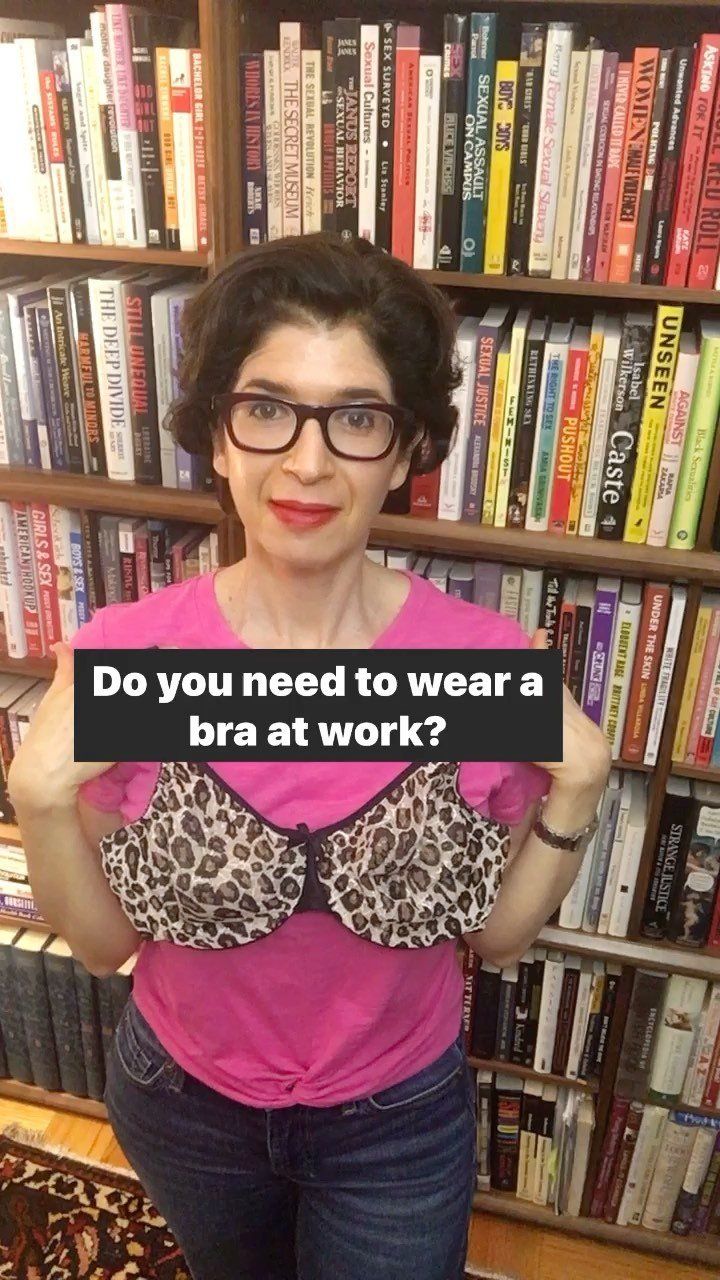THE LEORA LETTER
August 15, 2023
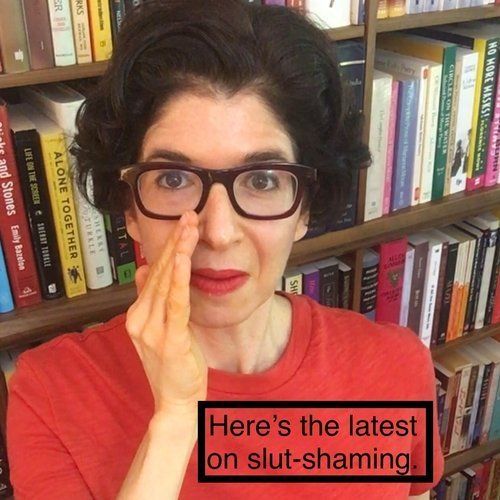
Slut-shaming matters because when people are dismissed as sluts, hoes, and thots, they are denied care and compassion as human beings and in a variety of situations, including when they are sexually harassed, sexually assaulted, victimized by image-based sexual abuse ("revenge porn"), and need an abortion.
Laugh-out-loud funny? Check.
Clever, creative, campy? Check.
Feminist? Um…
It’s not every day we have the chance to watch a Hollywood blockbuster exploring male privilege and gender roles within capitalism, and I don’t take that for granted. I felt validated by the fact that when Barbie enters the human world, for the first time she encounters sexual harassment, assault, and slut-shaming because of her appearance. I enjoyed watching her transform from plastic doll to flesh-and-blood human as she experiences the relentless stings and slings of sexism—and resolves to fight back.
Yet the movie—more concerned with outdated “girl power” rhetoric than systemic change—is feminist only in the sense that the Spice Girls and Dove commercials are.
The movie depicts a binary universe in which there are two genders (albeit with a few characters who don’t completely conform) and heterosexuality is assumed, with one gender subordinating the other—in the human world and also in Barbie Land. When the Barbies have power, they discriminate against the Kens. When the Kens discover “the patriarchy,” they oppress the Barbies.
The Barbies take back control by feigning stupidity and adoration to deceive and distract the Kens so that they forget to vote themselves into power. Really—women’s power lies in their ability to manipulate and hide their intelligence?
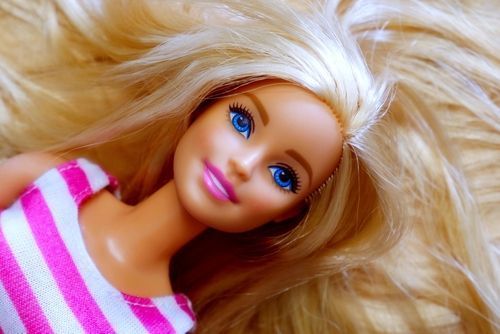
The movie concludes with Barbie becoming a true woman: she grows a vagina. So, biology is the essence of womanhood?
I left the theater speculating that if Barbie had had a vagina all along—and had been sexually active—she would not have been a sympathetic character. The same most likely would have been true if she had been a woman of color and/or genderqueer. Audiences root for her in large part because she is asexual, cishet, and white.
Don’t get me wrong—Barbie is a joyful and wonderfully absurd film. Best of all, it features the excellent music of lesbian folk rock duo Indigo girls and passes the Bechdel test!
But simplistic, outdated feminist language is used throughout to sell “girl power”—the idea that if a girl is socialized to be confident, assertive, and independent, that is enough for her to achieve success and realize her dreams. “Girl power” elevates the myth of meritocracy and the belief that anyone with grit can succeed if they just work hard enough. If you have “girl power,” you don’t truly need, for example, affirmative action.
Key takeaway: Barbie is a feminist success because it is motivating people across the globe to talk about women’s equality. But the most likely result is not raised consciousnesses—just an increase in Mattel sales.
Want more Barbie commentary?
The Muddled Feminism of Greta Gerwig’s Barbie
What Black Barbie Means to Black Women and Girls
She’s Had a Whip-Smart Hollywood Facelift, But Barbie Still Isn’t Much of a Role Model
I Saw Barbie With Susan Faludi, and She Has a Theory About It
Is the Barbie Movie the Greatest Biblical Retelling Ever Made?
“Boys will be boys, and girls will be sluts.” — Leora Tanenbaum
